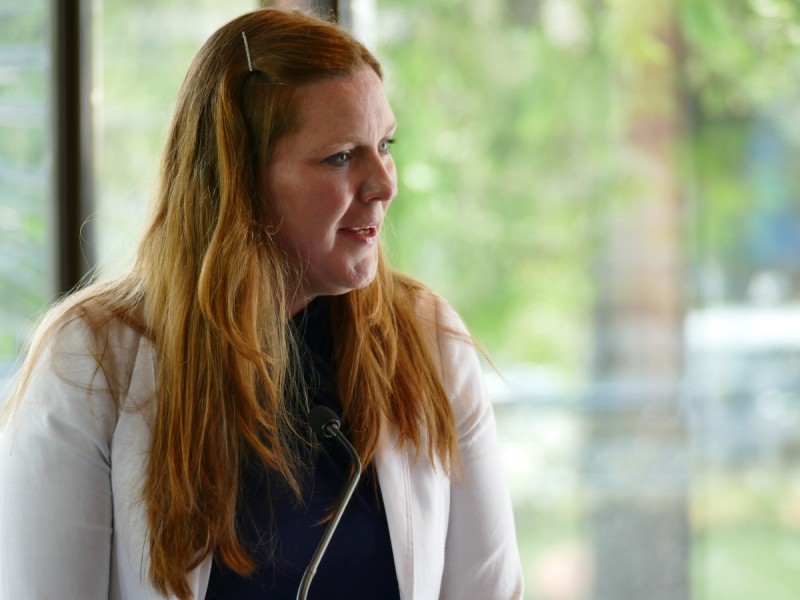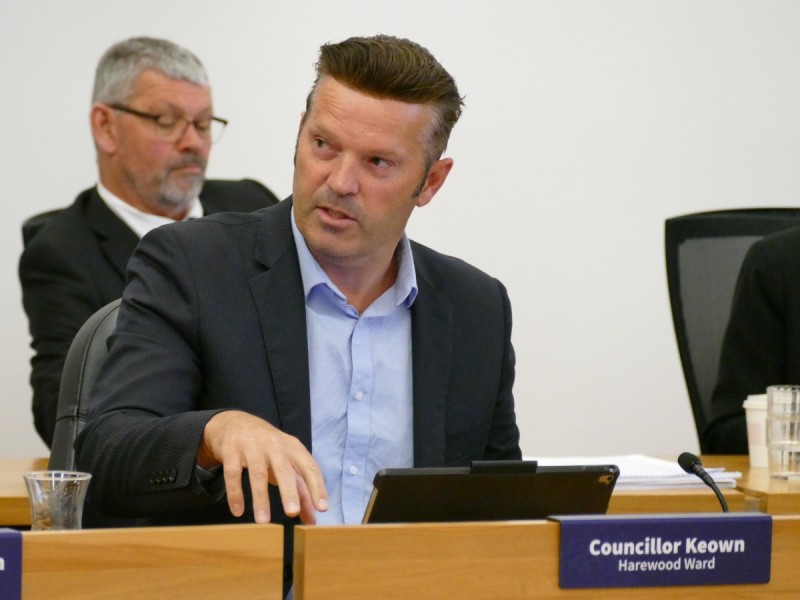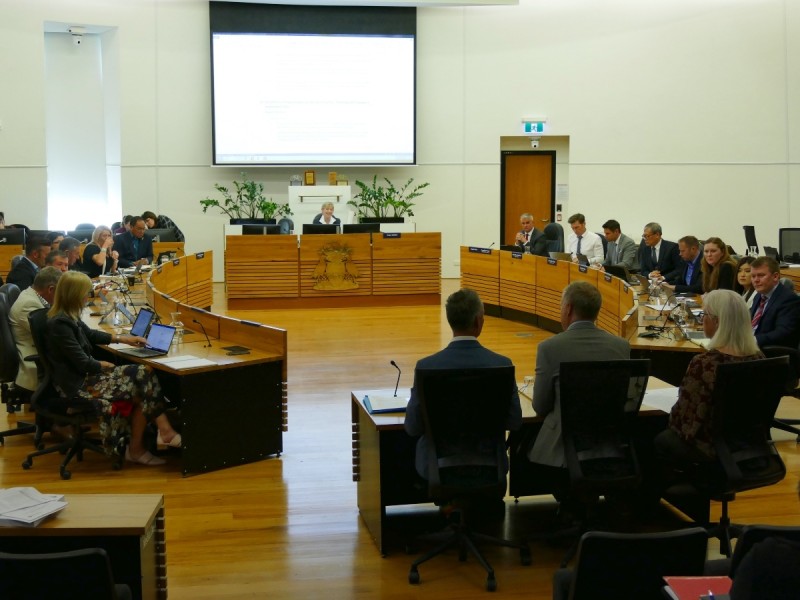METRONEWS has surveyed the 16 people elected to the Christchurch City Council in October's election. Mayor Lianne Dalziel was not surveyed.
The survey asked the 10 returning and six new councillors for their views on rates, the central city, asset sales, climate change, the multi-use arena, chlorine, and cycleways.
Councillors were staunchly against mandatory chlorination of Christchurch's water and many of them say they'll take whatever steps necessary to fight back - that is if chlorination is mandated by a new nationwide regulator that will be set up next year.
Cr Tim Scandrett says he'll support high court action against mandatory chlorination.
Notably, the mutli-use arena is proving to be a more divisive issue than the city's cycleways. While all councillors say they support the arena, opinions are split on the how large of a priority the project is.
Meanwhile, the cycleways and central city revitalisation both appear to have a majority bloc of support.



